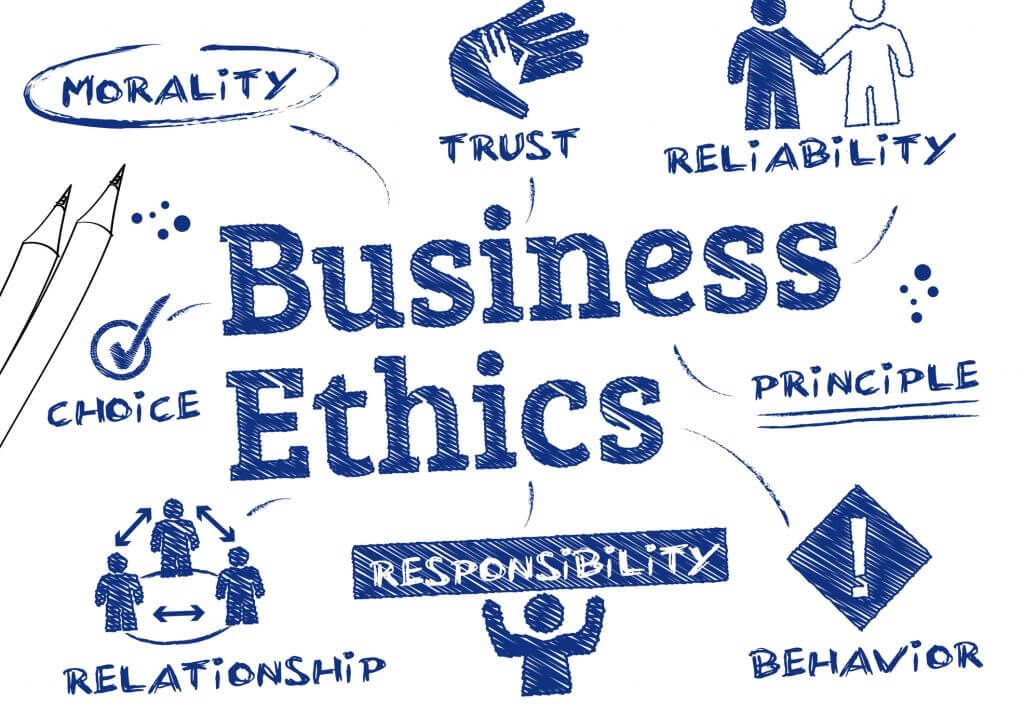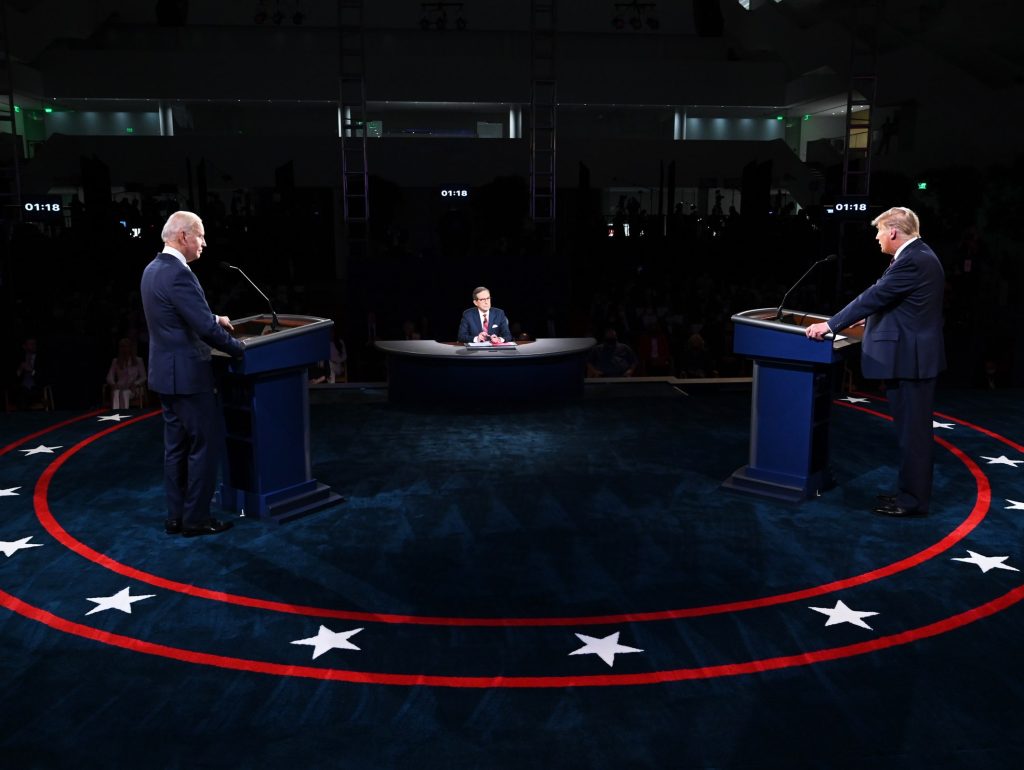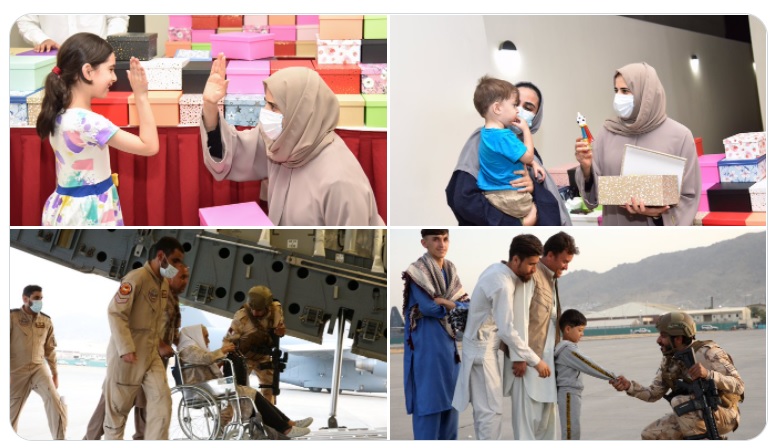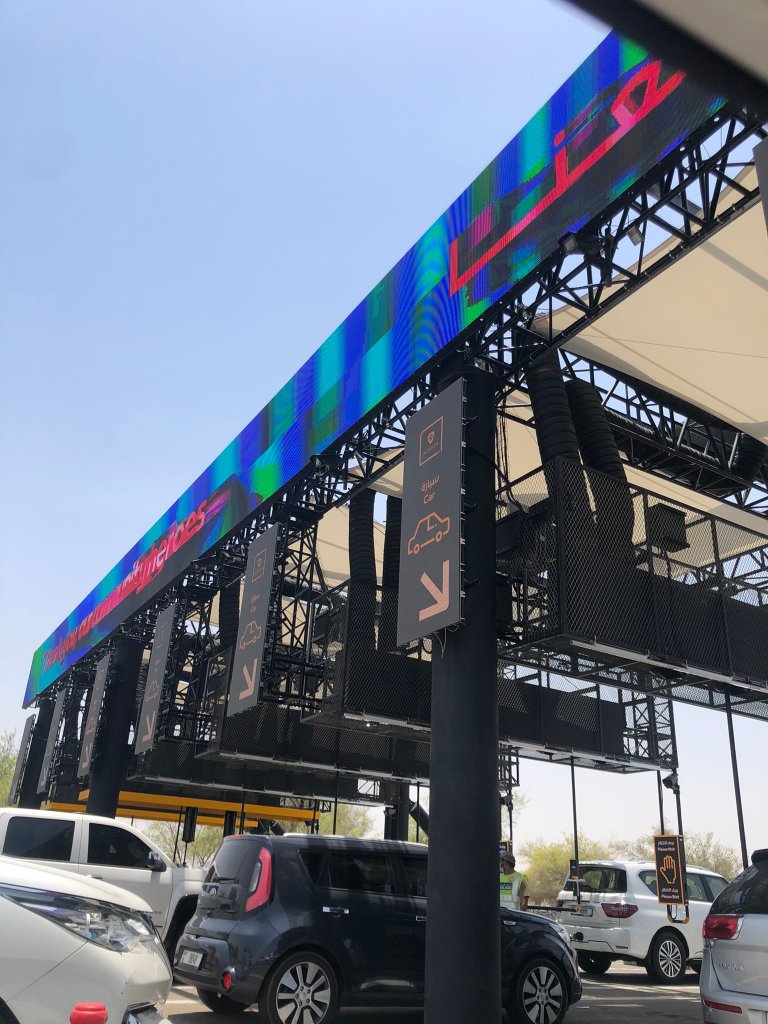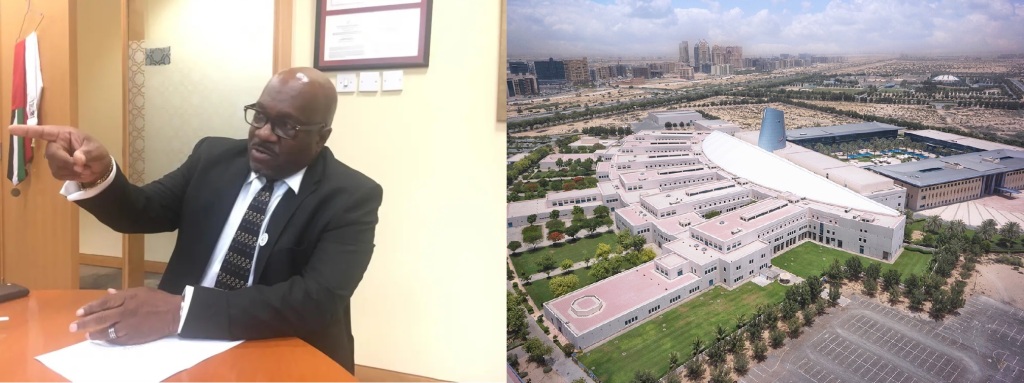
If I was to name one university I’d want to study communications at, it would be Zayed University. For sure, the media landscape is not as free or as mature as what you would find in the UK or the USA. And there are issues you cannot touch upon. What makes Zayed University’s College of Communication and Media Sciences so special is its people, in particular the faculty.
For the past couple of years I had the honor of supporting the College as a member of and chair its National Advisory Council. I saw first hand how passionate the faculty were, the quality of their research, and how they kept at their mission of ensuring that every student had the opportunity to learn what communications was, how it should be practiced, and the difference that the function has on an organization and its people.
During that time the College graduated thousands of graduates; the University also began to offer post-graduate courses for communications professionals in the country, with an excellent set of courses for young people, mainly Emiratis, to learn advanced communications theories, so they’d be ready to become industry leaders. If you look around the government communications sector, where many ZU graduates end up, and often those who have the best understanding of communications and are able to execute on plans have been to the College of Communication and Media Sciences.
I won’t stop there. Many ZU CCMS faculty members have contributed significantly to the industry. Take for example the first UAE edition of the Global Capability Framework, which was led by Professors Gaelle Duthler and Ganga Dhanesh. Or the research on gender perceptions, which was undertaken by Dr Zoe Hurley for the Advertising Business Group. We literally have a research gem in our midst, which the industry does not tap into enough.
The Future of CCMS
I have seen all the good that the College of Communication and Media Sciences has done. I am less certain about its future. The University’s leadership is embarking on a program with an organization called Minerva, which is “aimed at ensuring students have cross-disciplinary skills that are relevant in a fast-changing global job market”. This agreement will impact the entire university, including CCMS, and this is despite Minerva not having any prior experience in teaching communications.
While there is not too much I can say about the tie-up, I will say this – I have spent two decades in communications, and I have seen the function evolve at a frantic pace. And the CCMS Faculty can both understand and explain these changes in a way that best prepares their students for success. I’d argue that the greatest barrier to success is not listening to the CCMS faculty and leadership – they know teaching, they know the subject, and they know the industry. They should be the ones who are able to shape the future of the college in a way that will both improve learning and ensure that students remain passionate about a subject which means such much to the country and the region.
Communicators aren’t just people who write notes, take pictures, or create videos. We tell stories, we tap into people’s emotions and we shape reputations. The country needs that, more than ever, if it is to be seen in the way that the country’s leadership desire. And I hope that Zayed University continues to lead the way here, thanks to the people at the College of Communication and Media Sciences.



